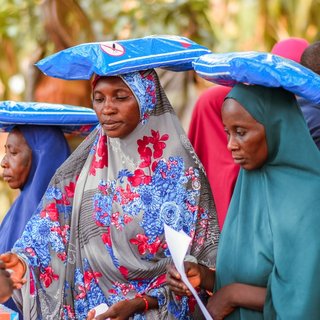Humanitarians across the system have been talking for decades about the need to be more accountable to people affected by crisis. Despite this, communities and practitioners alike report little change.
Renewed energy and commitment to accountability is now emerging at all levels. Growing evidence shows that implementing effective accountability practices increases humanitarian performance on a range of measures. These include improved relevance of assistance and increased dignity for communities affected by crises.
According to IASC, accountability to affected populations (AAP) is an active commitment to using power responsibly by taking account of, giving account to, and being held to account by the people humanitarian organisations seek to assist.
Our latest research
Since 2013, ALNAP has been a member of the IASC working group/task force on AAP. We support the IASC members and wider sector in their work to mainstream AAP practices across all humanitarian responses. Explore the IASC's collection of AAP resources.
More recently, our work has turned towards the links between AAP and better humanitarian performance through our State of the Humanitarian System research.
We are also looking at why the humanitarian sector has not come farther on AAP since ALNAP’s early work on this topic 20 years ago. Entrenched barriers remain in place but the sector is running out of excuses for its failure to be accountable to those it serves.


